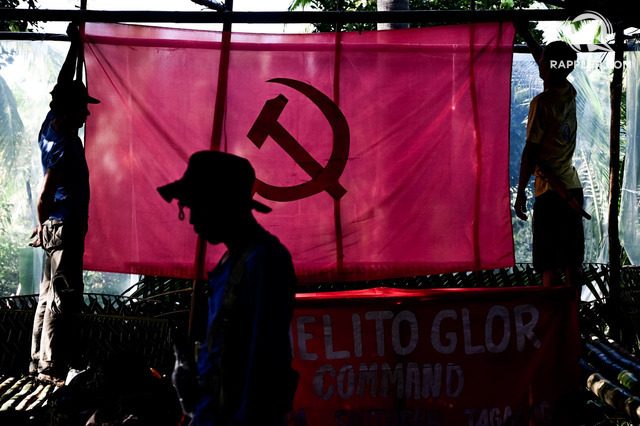SUMMARY
This is AI generated summarization, which may have errors. For context, always refer to the full article.

MANILA, Philippines – The Philippines renewed its concern over communist rebels’ continued use of landmines, citing a recent incident in Northern Samar that left one soldier dead and five others injured.
At a United Nations experts’ meeting held in Geneva, Switzerland, on Thursday, July 21 (Manila time), the Philippine Permanent Mission to the United Nations hit the New People’s Army (NPA) for its use of explosives “that destroy lives and properties and cause undue suffering in violation of international humanitarian law.”
This came after the Armed Forces of the Philippines (AFP) reported on Wednesday, July 20, that landmines were set off in Northern Samar, where the army was conducting community programs in Barangay Osang and five other villages.
The use of landmines is banned by the 1997 Ottawa Treaty (Mine Ban Convention), of which the Philippines is a signatory. The Philippines, a party to the UN Anti-Personnel Land Mine Convention, also earlier committed to the implementation of the Oslo Action Plan that seeks a mine-free world by 2025.
“They (NPA) seek to escape accountability for their crimes through creative semantics. They often claim that their explosives have technical specifications that render them outside the scope of relevant treaties,” said Philippine delegate JJ Domingo.
“Yet no amount of obfuscation will hide the fact that what they deploy are improvised explosive devices functioning as landmines. They are prohibited by international law and have been condemned by global public conscience.”
Responding to this, the Philippines pointed to local measures in place that aim to curb the use of and access to weapons such as landmines, including the Firearms, Ammunitions, and Explosives Act, the International Humanitarian Law Act, and the Comprehensive Firearms and Ammunitions Act.
The AFP has also submitted a “comprehensive report” that detailed instances of the NPA’s use of improvised explosive devices to the Commission on Human Rights, which is investigating incidents with an independent verification body.
The Philippine mission to the UN in Geneva also underscored that the Communist Party of the Philippines (CPP) and the National Democratic Front earlier agreed to uphold respect for human rights and comply with international humanitarian law.
“Arguing about technicalities betrays lack of good faith. Regardless of technical definitions, these weapons are abhorrent because they cause unnecessary suffering, endanger civilians, and disrupt communities,” said Ambassador Evan Garcia, the country’s permanent representative to the UN in Geneva, in a statement.
Under the administration of former president Rodrigo Duterte, the Philippine government had intensified its anti-insurgency campaign in the aftermath of failed peace talks with the CPP. Human rights groups and lawyers, however, called for restraint as the government’s campaign also led to the red-tagging of groups and individuals. – Rappler.com
Add a comment
How does this make you feel?
There are no comments yet. Add your comment to start the conversation.